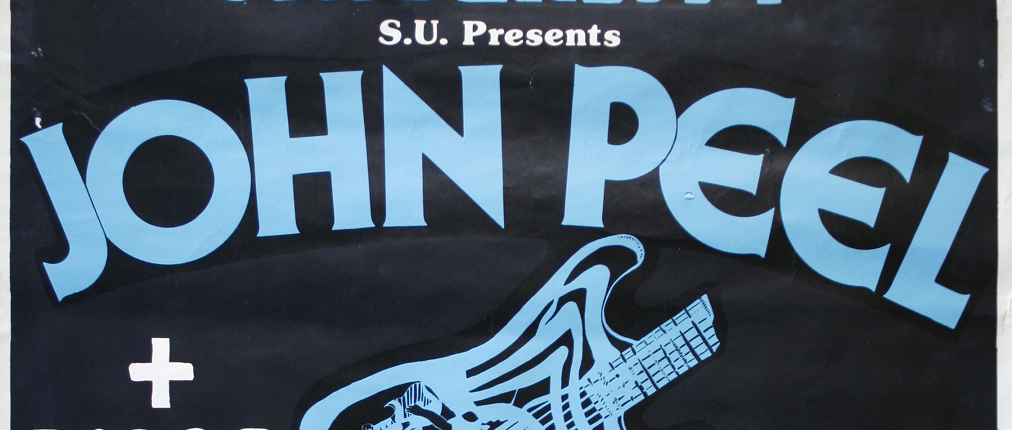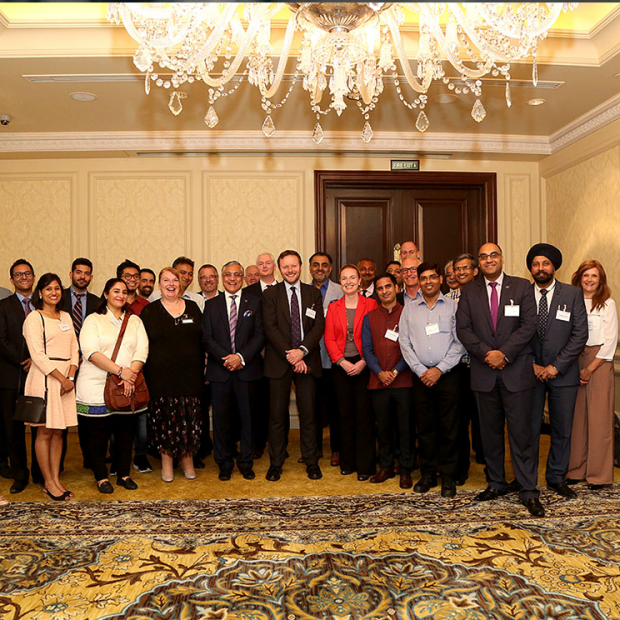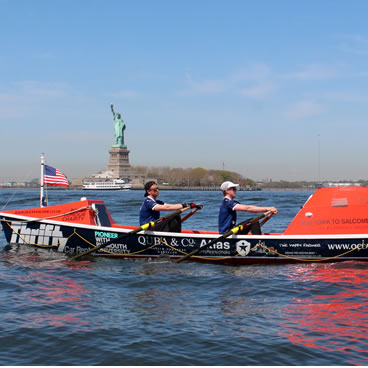Hartley News Online Your alumni and supporter magazine
During his time at the University, alumnus Richard Williams (BSc Geography, 1979; PhD Geography, 1983) attempted to put together an LP of Southampton bands and get them played on BBC Radio 1. Richard has now written about it all in his first book, A Curry with John Peel. He shares his incredible story with Southampton Connects.
The book catalogues about nine months of my life from the summer of 1980 to the spring of 1981 while I was undertaking PhD research at the University and living in Glen Eyre. During this time, I organised and produced an album of independent bands from Southampton, which eventually ended up being called City Walls.
The idea came from listening to the Portsmouth LP of 1980 called South Specific, and I felt I could do the same for indie bands up the M27. The purpose of the record? To get the bands heard by, and then hopefully played by, John Peel on his late-night BBC Radio 1 show, the home of all new music and bands. It seemed an impossible target, but as I managed the University station, Radio Glen, at the time – and was reasonably well known around the city in the music circle that existed there – I felt it was worth a go.
What happened over that nine-month-or-so period started with getting together some other like-minded students at Glen Eyre and in the city, finding the bands – including two University groups – setting up a record label, getting them to record a couple of tracks, and then putting them together onto an album. A piece of cake really – apart from the fact that no-one involved had much money to do it all, and we had to deal with egos and business issues like cash flow, when all everyone wanted to do was get the music played on The John Peel Show.
Once the bands and fellow conspirators to work with on the project had been found – along with the initial funds to start to deliver it – I pulled together the master tape of the album with the knowledge and support of people I knew at the time in the music industry locally and nationally.
However, this wasn’t the end of the matter – rather more like the beginning. There were plenty of challenges: from members of bands who wanted to (and actually did) split from the group they were in before the record had even got pressed, to the problems with running out of money, and then issues with the pressing itself. In parallel, mistakes were also made in all kinds of areas, including proofreading, printing, and even managing to anger the local Southampton Community Relations Board with the perceived portrayal of the city.
It seemed as if the project was going from one car crash to another throughout the autumn of 1980, until the album did finally get onto record shelves in Southampton on the targeted day of its launch: 23 January 1981.
Over the following couple of weeks, things moved so fast it was almost impossible to keep up. We had interest from Newsbeat on BBC Radio 1 and a national music paper, and there was of course the ‘John Peel Disco’. Three of the bands performed at the album’s official launch event in the University’s West Refectory – a night that ended with me having a curry with John Peel at the Curry Centre on Burgess Road. The man himself even paid for the meal!
The style of the book is part first-person narrative and part remembered conversation with the other people who were involved. Where possible, I’ve managed to track some of the key players down to confirm their emotions – if not always their actual words. The book finishes with my exhaustion of the whole thing, and an epilogue of what happened to people and the bands afterwards.
Every chapter is the title of a song from 1980 or before, encapsulating the issues I and the others involved had to deal with, or expressing the emotions, from exhilaration, to panic, through euphoria, to eventual disappointment and failure – but that’s rock and roll, I guess.
A Curry with John Peel is available to purchase locally from October Books in Portswood or Waterstones in Westquay, and by emailing Richard directly. An e-book version is available to download for Amazon Kindle.
Have you seen our brand new decade-by-decade playlists on Spotify? Each has the top ten nostalgic tracks submitted by your fellow alumni as part of Replay.





